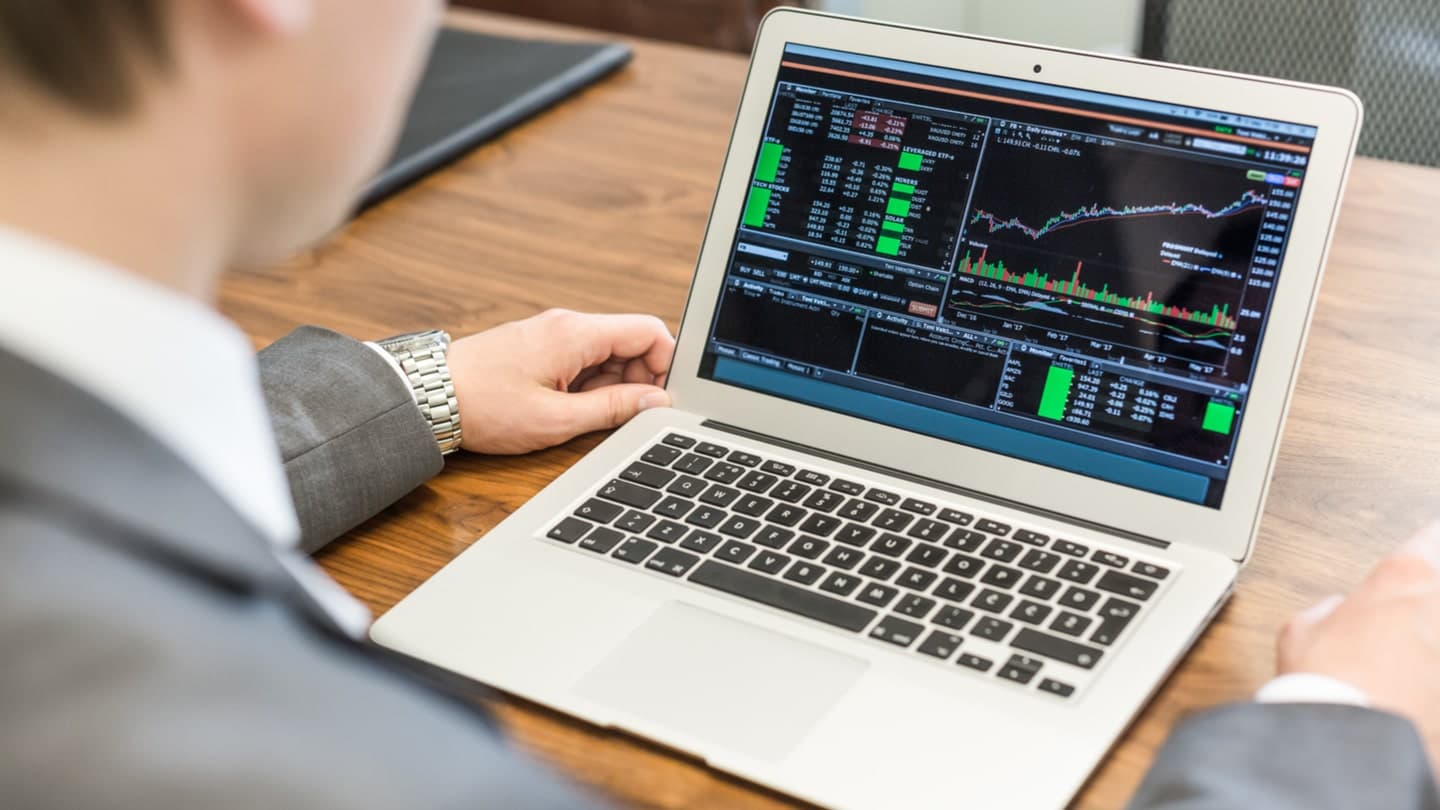Do you want to dip your toes into the exciting world of forex trading but don't know where to start? At its core, forex trading is simply exchanging one currency for another. However, the complexity of the trade and the potential rewards involved can be intimidating to beginners. Thankfully, with the advent of online trading platforms, novice traders can easily access the forex market from the comfort of their homes. In this beginner's guide, we’ll cover all the essentials you need to know before diving into online forex trading.

- Choose a broker:
The first step towards making trades in the forex market is to choose a broker. A broker is a financial institution that provides access to the forex market through trading platforms. Your broker will act as a middleman between you and the market and provide essential tools and resources for trading. When choosing a broker, look for one that is regulated and well-established in the market. Also, consider the trading platform the broker uses, its features, and user-friendliness.
- Understand the basic concepts of forex trading:
Before diving into forex trading, you need to have a basic understanding of its concepts. Some of the important concepts include currency pairs, pip, lot, spread, and leverage. A currency pair is a set of two currencies that are traded in the forex market, for example, the Euro/USD. A pip is the smallest unit of measurement in forex trading, while a lot is the standard unit of measurement. The spread is the difference between the bid price and ask price of the currency pair, while leverage is the borrowed capital used to amplify potential returns.
- Practice on demo accounts:
Most online forex brokers offer demo accounts which simulate real trading conditions in the forex market. Demo accounts are an excellent opportunity to practice trading without risking real money. They also enable you to test out trading strategies and learn the workings of the platform without fear of losses. While demo accounts do not replicate the emotional intensity of real trading, they provide an excellent foundation for novice traders.
- Develop a trading strategy:
Forex trading without a solid strategy is like walking blindly into the market. A trading strategy is a comprehensive plan that defines your trading goals, trading style, risk appetite, and exit strategies. A good trading strategy is essential for managing risks and maximizing profits. Some of the popular trading strategies include scalping, day trading, swing trading, and position trading. Pick a trading style that suits your personality, trading goals, and schedule.
- Monitor your trades:
Once you have opened a position, it's essential to keep track of it. Monitor the progress of your trade and adjust your position as needed. Some of the key indicators to watch out for include market news, economic events, and technical analysis. Avoid making impulsive trades and stick to your trading strategy. Successful forex traders are patient and disciplined.
In Short:
Forex trading is an exciting and potentially profitable venture, but it requires a clear understanding of the markets and strong risk management skills. Online forex trading has made it easier than ever for novice traders to access the forex market. To get started, choose a reputable broker, understand the essential concepts and practice on demo accounts. Develop a solid trading strategy and constantly monitor your trades. Remember, forex trading requires patience, discipline, and a level head. With these guidelines, you have what it takes to become a successful online forex trader. Happy Trading!
 icons at the top right corner of the subsection.
icons at the top right corner of the subsection.